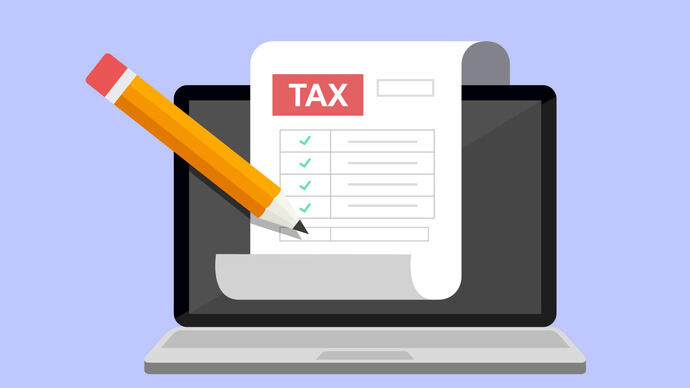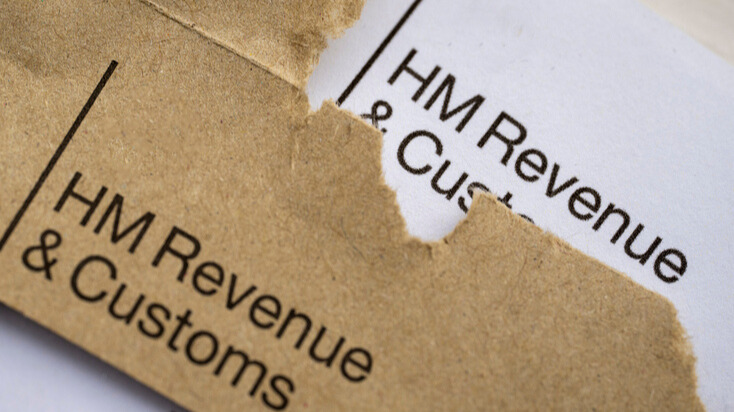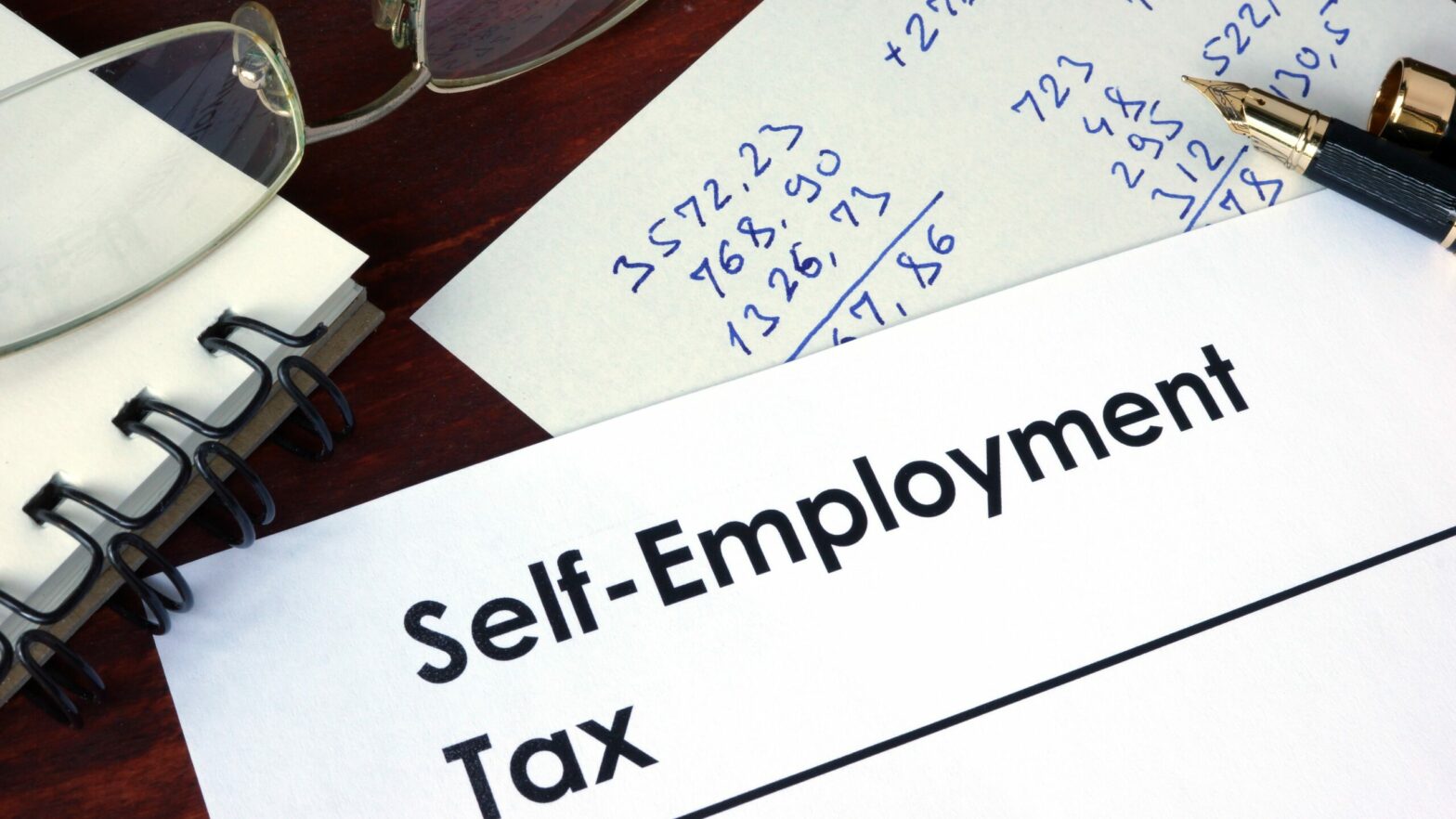Building a business is not for the faint-hearted but with perseverance, determination and the right support, it can be very rewarding. It gives you the chance to be your own boss, the freedom to decide when and where you work and the option to expand when the time is right.
It is helpful to build good habits and practices in the early days. Putting systems in place for filing paperwork and applying for relevant funding and tax relief creates a good foundation, keeps you organised and prepares you for a future in self-employment. Here are a few things you need to know about funding and tax relief for your business.
Business funding
If you are short on funds when you start your business then there are numerous routes you can take to obtain the money without resorting to drastic measures. Self-employment has risen dramatically in the UK in the past ten years so there are several provisions in place to accommodate up and coming companies and aspiring entrepreneurs.
What you have access to will be determined by the industry your business is in, your location and the size of your business. Some companies will be able to get a grant to fund their initiative while others could get a loan. Contact your local council for more information on your business sector. You can get advice with applying for loans and grants, coaching and even mentoring if you need it.
Tax relief
Some businesses make a profit in the first year but others find that they make losses. Furthermore, there are often numerous expenses associated with running a small business. These can include but are not limited to office running costs such as stationery, phone bills, equipment, clothing expenses for business meetings, uniforms (where relevant), travel expenses, work vehicle maintenance, stock costs, staff wages, stock, advertising and website costs, heating, lighting expenses and financial costs like bank charges and insurance.
It can get very expensive especially if you have a lot of overheads. Fortunately, it is possible to claim tax relief to help with this. Claiming Tax relief is relatively straight forward as long as you keep track of all your business expenses and relevant outgoings. Keep receipts, invoices and paper work for the beginning to avoid hours of work later down the line.
When it is time to submit your self-assessment tax return, your running costs can then be deducted from your total annual turnover. For example, if your business made £30,000 and you claim £10,000 in permitted expenses then you would only have to pay tax on the remaining £20,000.
This is what is known as your taxable profit. If you work from home this will need to be calculated as a percentage. Similarly, if you use your phone for both business and personal use then you will need to deduct the cost of personal calls from the final bill.
See also: Are you aware of capital allowance tax relief?
Looking for finance? SmallBusiness.co.uk is working in partnership with trusted lenders to help you find the best business funding deals. Find out more here.





